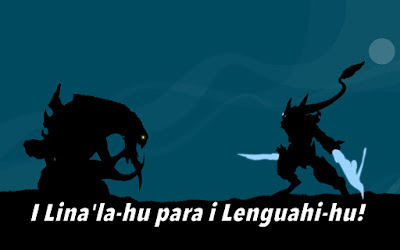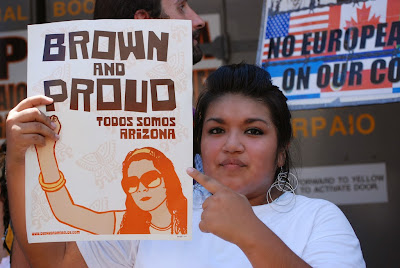Decolonization in the Caribbean #13: Sovereignty...According to an Old Flame
For those of you who don’t know, my dissertation in Ethnic Studies dealt with sovereignty, most specifically Guam’s role in producing America’s sovereignty, or what role its invisibility or nothingness plays in producing America as sovereign. This may sound confusing, but what makes it difficult for most to wrap their heads around, is the simple fact of saying that something which has been for hundreds of years produced discursively as being “small” or “faraway” or “faint” or “owned by the US” as somehow creating something as great and grand and mighty as the United States of America. One frustrating aspect of writing my dissertation was the preparing of a literature review, which is a sometimes helpful, sometimes useless review of what others have written about your topic of choice and how you will either use and build on them or defy them. If you are familiar with the bulk of work on sovereignty it all basically says the same thing nowadays, drawing mildly different c





